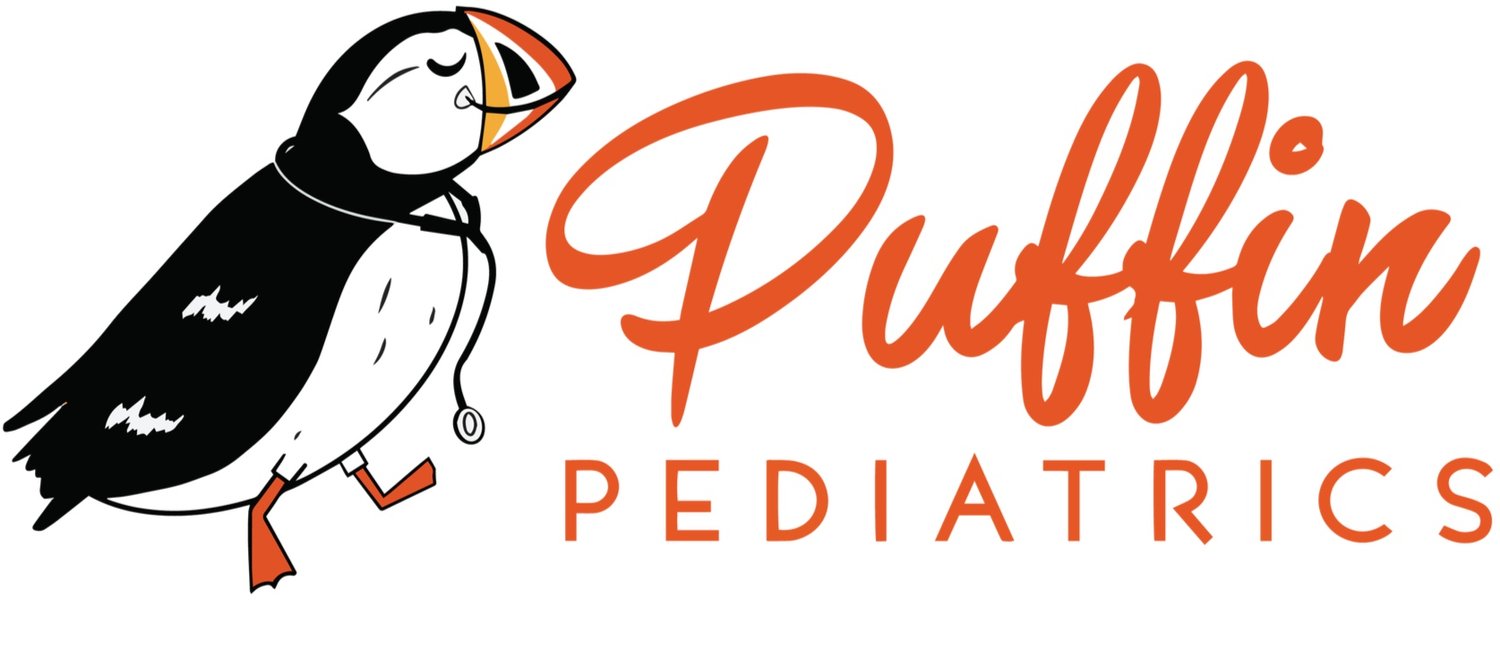Hitting
We never want to get that talk from daycare. You know the one where little Johnny or Janie hit another kiddo because they took their toy. But for most families, their children will hit or scratch or bite another kiddo when they are before the age of 3-4 years. Half the time it is due to frustration, and the other half is due to playing that got out of hand.
Similar to other mammal cubs, play fighting is a big part of development and social learning. Like wolves, kids need to learn “Okay this is how we pretend play, and here are the limits to that. You can take the hitting/kicking/biting to this level but beyond that, you are out.” This dynamic will play out during the preschool years so they can better learn to control their feelings and navigate social dynamics by the time they are in elementary school. What we are looking for in daycare is that if a kiddo hits or does anything violent in class that day, they don’t get rewarded or what they wanted originally with that action. Just that will eventually lead to kiddos stopping that troublesome behavior.
Now if the hitting is occurring at home, the same thing goes. We treat this as any other unwanted or dangerous behavior in our child that we are hoping they learn how to avoid using in the future. If little Johnny or Janie hits mom because they are not getting chocolate for breakfast, it can be met with an immediate “No!” (preferably in a Pitbull Mr. International tone) to get the kiddo’s attention and let them know a line has been crossed. It was not Johnny’s intention to hit to hurt someone but more that this is another action that will let mom and/or the world know I am frustrated that I am still not getting what I want even after 5 minutes of temper tantrum. Kiddos will escalate until they know they are not getting what they want no matter what. If you interrupt their action with a stern “No,” remove them from the situation, and they still don’t get what they wanted in the first place, their brain’s frontal lobe takes note and says Well that plan didn’t work, not only did it not work, but now we have even less chance of getting what we want; so let’s not try that again.
Now once in elementary school, we expect acts of hitting, kicking, and biting to go down dramatically. If not, then we often work with play-based therapists and counselors to work on cognitive behavioral techniques so the kiddo can recognize when their emotions may be on the way to getting the better of them, and they can self-correct before hitting occurs. We also like parents to work with the counselor to make sure these techniques are used consistently across the board in the home to help that frontal lobe make better and better decisions over time.

